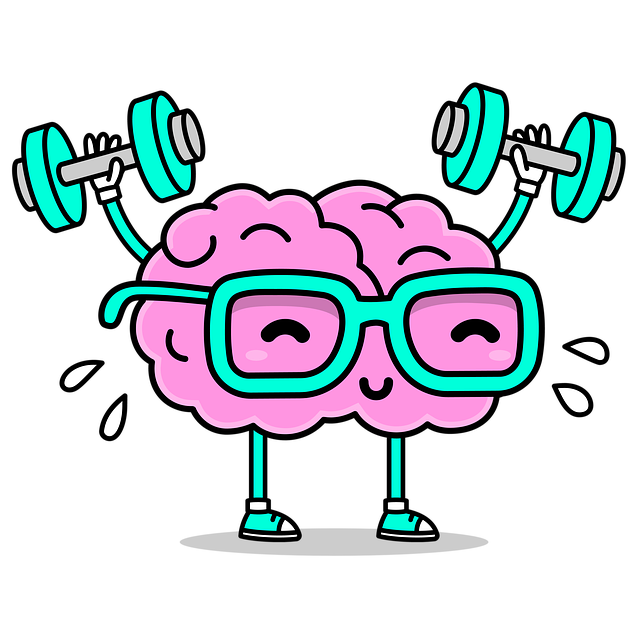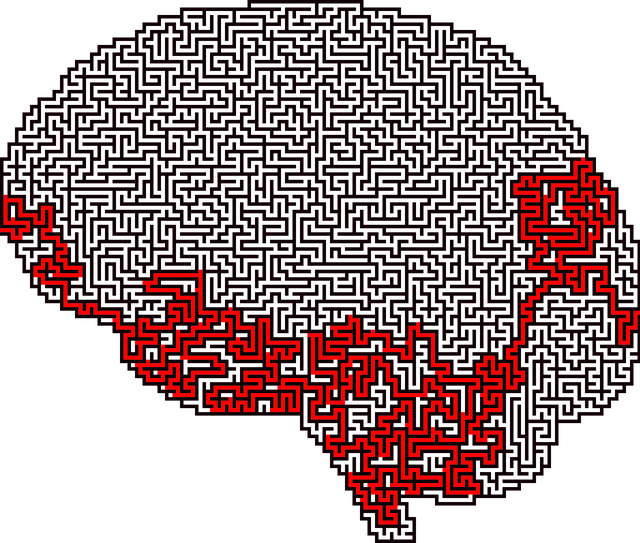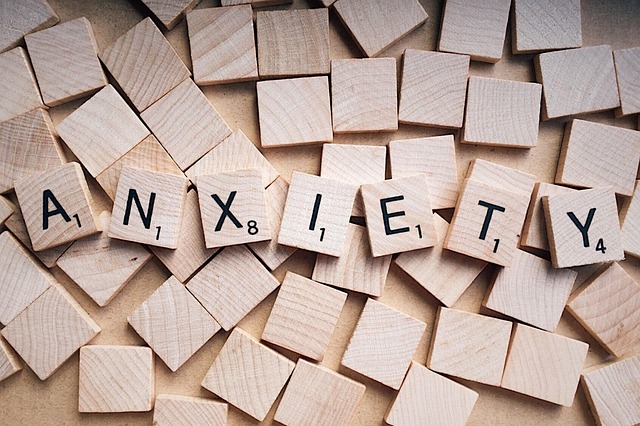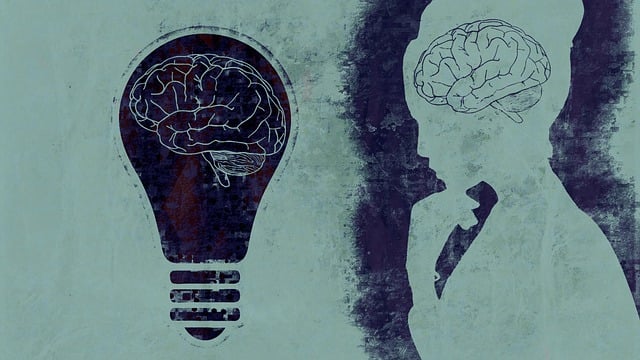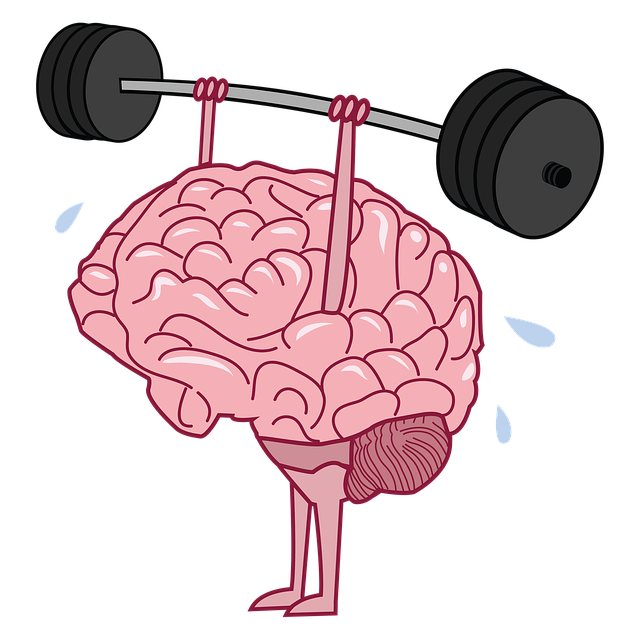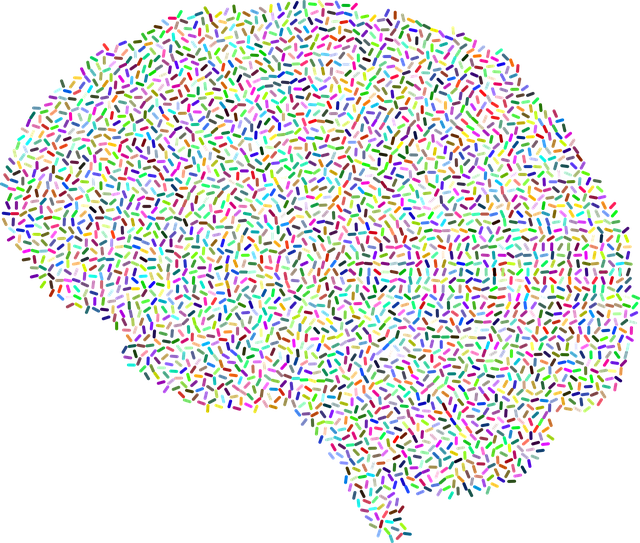Cultural competency in healthcare, enhanced by Lakewood EMDR Certified Therapy, is key to delivering quality care in a diverse society. This therapy facilitates traumatic memory processing through eye movements or bilateral stimulation, promoting emotional healing and improving patient outcomes. Training programs like those offered by Lakewood EMDR prepare healthcare providers to understand and respect diverse cultural beliefs, traditions, and communication styles, leading to better patient interactions, satisfaction, and adherence to treatment plans. Ongoing evaluation and evolution of these programs, incorporating technology, evidence-based practices, and inclusive learning, will ensure their effectiveness in multicultural settings.
Healthcare provider cultural competency training is an essential component of modern medical education. In a diverse society, understanding and respecting different cultures are vital for delivering quality patient care. This article explores the benefits and implementation strategies of such training, focusing on the Lakewood EMDR (Eye Movement Desensitization and Reprocessing) Certified Therapy approach. By enhancing cultural awareness, healthcare providers can improve patient outcomes and foster more inclusive, effective treatment environments.
- Understanding Cultural Competency in Healthcare: The Lakewood EMDR Approach
- Benefits of Training for Healthcare Providers: Enhancing Patient Care and Outcomes
- Implementing and Evaluating Cultural Competency Programs: Best Practices and Future Directions
Understanding Cultural Competency in Healthcare: The Lakewood EMDR Approach

Cultural competency in healthcare is an essential aspect of delivering quality patient care, especially in a diverse society. It involves understanding and appreciating cultural differences to ensure effective communication and treatment. The Lakewood EMDR (Eye Movement Desensitization and Reprocessing) Certified Therapy approach stands out as a powerful tool for enhancing cultural competency among healthcare providers. This method uses eye movements or other bilateral stimulation techniques to help individuals process traumatic memories, promoting emotional healing.
By integrating the principles of Lakewood EMDR into their practice, healthcare professionals can improve their ability to connect with patients from various cultural backgrounds. It enables them to recognize and respect unique belief systems, traditions, and communication styles, fostering a more inclusive environment. Moreover, this approach supports burnout prevention strategies for healthcare providers by offering coping skills development and enhancing mental health awareness, ultimately contributing to better patient outcomes.
Benefits of Training for Healthcare Providers: Enhancing Patient Care and Outcomes

Cultural competency training for healthcare providers is an essential component of modern medical care. By equipping professionals with the skills to understand and respect diverse cultural backgrounds, these programs enhance the quality of patient interactions. This, in turn, leads to improved patient satisfaction and adherence to treatment plans, ultimately resulting in better health outcomes. When healthcare providers are trained to navigate cultural differences, they can offer more personalized care, which is crucial for effective therapy and recovery.
The benefits extend beyond individual patients; they positively impact the community as a whole. Healthcare provider cultural competency training contributes to breaking down barriers and reducing the stigma associated with mental illness. For instance, Lakewood EMDR Certified Therapy programs focus on teaching stress reduction methods, helping providers address the unique needs of diverse patient populations. These efforts foster an inclusive healthcare environment, encouraging open dialogue about sensitive topics like mental health issues, thereby improving access to care and promoting overall well-being in communities.
Implementing and Evaluating Cultural Competency Programs: Best Practices and Future Directions

Implementing and evaluating cultural competency programs is a dynamic process that requires continuous refinement to meet evolving healthcare needs. Best practices involve integrating diverse perspectives into curriculum design, ensuring representation from various cultural backgrounds. This collaborative approach fosters an inclusive learning environment, enhancing the effectiveness of training. Regular assessments and feedback mechanisms are vital; they allow for identifying knowledge gaps and tailoring interventions accordingly. By measuring success through participant satisfaction, behavioral changes, and improved patient outcomes, programs can demonstrate their impact.
Future directions in cultural competency training may include leveraging technology for virtual delivery, accommodating diverse learning styles, and incorporating evidence-based practices like EMDR (Eye Movement Desensitization and Reprocessing) certified therapy. Integrating conflict resolution techniques and social skills training within these programs can further empower healthcare providers to navigate complex interpersonal dynamics, enhancing emotional healing processes in a multicultural setting.
Cultural competency training, as demonstrated by the Lakewood EMDR approach, is a transformative tool for healthcare providers. By enhancing understanding and communication across diverse patient populations, this training improves patient care and outcomes. Implementing these programs requires careful planning and ongoing evaluation, but the benefits are clear. As the field of healthcare continues to evolve, embracing cultural competency is essential for delivering effective, equitable, and empathetic care, ensuring that all patients receive the best possible treatment. Lakewood EMDR Certified Therapy offers a proven method to navigate this complex landscape, fostering inclusive environments where every patient feels heard and respected.
